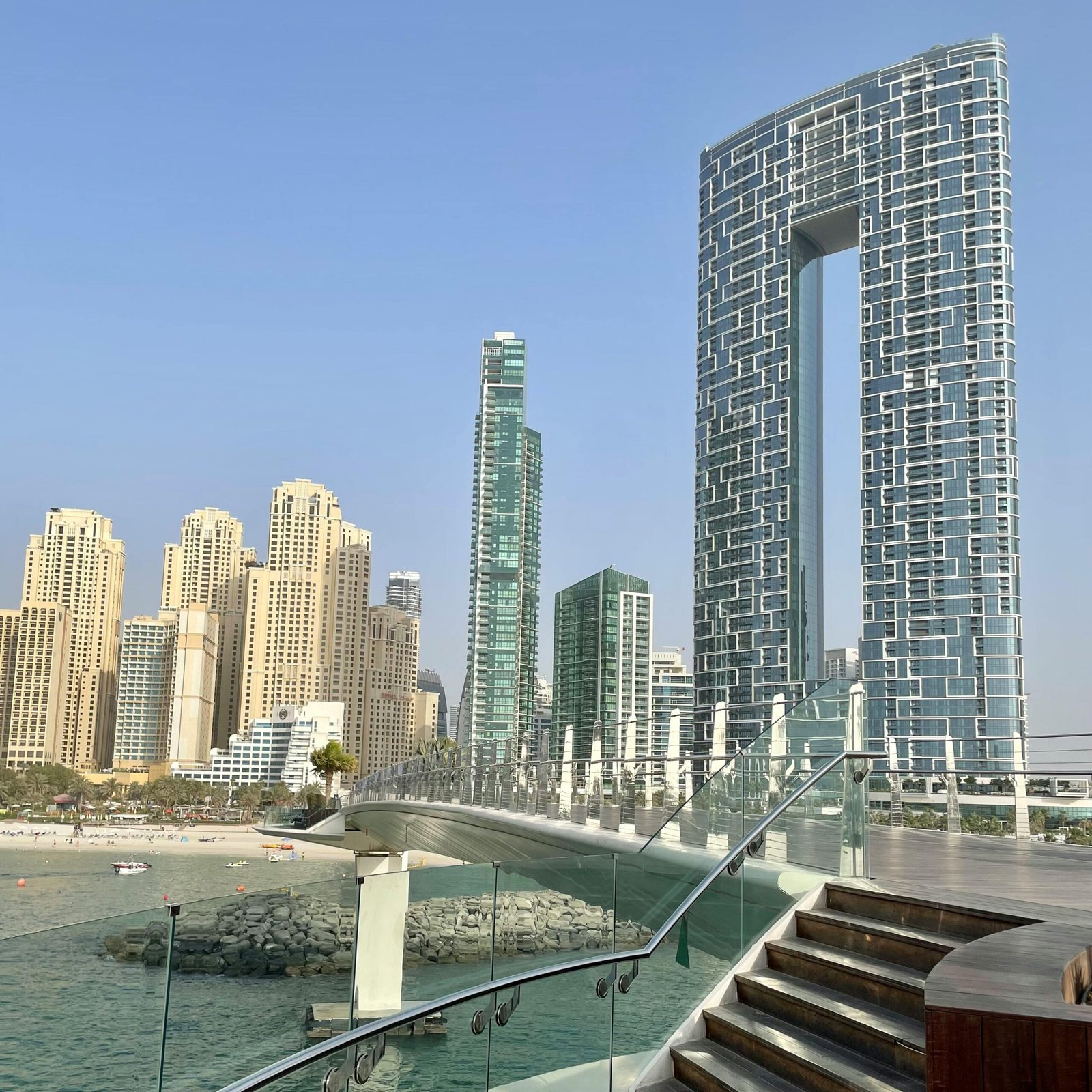Thinking of starting a business in the UAE? Setting up in a free zone is one of the easiest, most cost-effective ways to enter the UAE market—offering 100% ownership, tax benefits, and simplified procedures.
Here’s a step-by-step guide on how to register your company with a UAE free zone, complete with official links and expert help if you need it.
What is a Free Zone in the UAE?
A free zone (also known as a free trade zone) is a special economic area where business owners enjoy full ownership, zero personal income tax, and streamlined regulations. Whether you’re a startup, freelancer, or global investor, free zones offer an ideal setup.
Top Free Zones in the UAE:
- Dubai Multi Commodities Centre (DMCC)
- Jebel Ali Free Zone (JAFZA)
- Sharjah Media City (Shams)
- Abu Dhabi Global Market (ADGM)
- Ras Al Khaimah Economic Zone (RAKEZ)
- Dubai Silicon Oasis (DSO)
- Fujairah Creative City
- Dubai Airport Free Zone (DAFZA)
Why Set Up in a Free Zone?
- 100% foreign ownership (no local sponsor)
- Zero corporate and personal income tax
- Full repatriation of profits and capital
- Affordable flexi-desk, shared or private office options
- Access to major logistics and shipping hubs
- Streamlined visa and labor processes
How to Register Your Business in a UAE Free Zone
1. Choose the Right Free Zone
Select a zone based on your industry and location preferences. Some specialize in media, tech, logistics, or finance.
Check these out:
- Dubai Internet City – for tech businesses
- Dubai CommerCity – for e-commerce companies
- TwoFour54 – for media and content creators
2. Define Your Business Activity
Each free zone has a list of allowed activities. Make sure your planned operations are listed.
Example: Shams Activities List
3. Select Your Legal Entity
- FZ-LLC (Free Zone Limited Liability Company) – for multiple shareholders
- FZE (Free Zone Establishment) – for a single shareholder
- Branch Office – for companies expanding into the UAE
4. Register Your Trade Name
Pick a unique company name following naming rules (no offensive or religious terms).
Some free zones let you check name availability online.
5. Submit Required Documents
Typically includes:
- Passport copies of shareholders/directors
- Business plan
- Application form
- Proof of address
6. Choose Your Office Space
From virtual desks to private offices—free zones offer flexible options depending on your needs and budget.
7. Apply for Your Business License
Once your application is approved, you’ll receive your trade license. Some zones offer it in as little as 2–5 days.
Need Help Setting Up?
Registering in the right free zone can be overwhelming with so many choices and procedures.
Let experts guide you from A to Z—stress-free.
Click here to get free assistance from IK Business Consultants
Final Thoughts
Registering a business in a UAE free zone is one of the fastest and most secure ways to enter the Middle East market. Whether you’re launching a tech startup, an import-export firm, or a content agency, there’s a free zone designed just for you.
Need guidance? IK Business Consultants is ready to help you get started—hassle-free, fast, and professionally.





